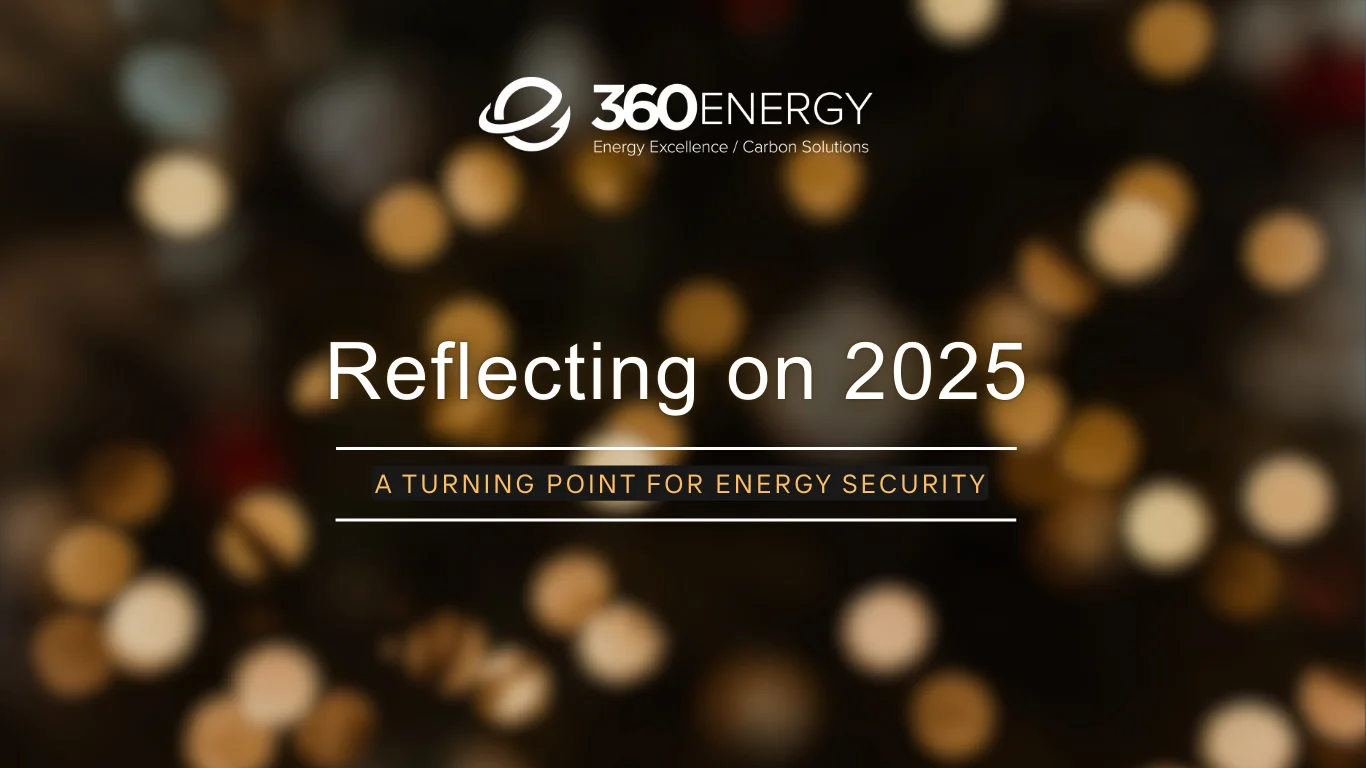

Energy Industry


Carbon Management
There are all kinds of plans in business as there are in life. Entire careers are focused solely on business planning. At 360 Carbon Excellence, we believe having a plan is critical for successful energy and carbon management. While every business plan has a different lens, a carbon plan should be strategic, looking out a minimum of 3 years, but ideally 5 or more.
Right now, many companies are being encouraged to adopt carbon goals. The most common goals are for “net-zero”. While these targets are wonderful, at some point goals are just wishes if there is no plan for execution. We want everyone to be successful. We must be, if society is to have any success curbing climate risks.
We know planning is not everyone’s strength, but the benefits of planning can’t be ignored.
Remember: any time you take just 1 hour to plan out your steps towards achieving a goal, you can save yourself 10 hours of effort down the road.
Plans reduce missteps. Plans help prevent going in the wrong direction.
S = Specific: Set out clear and concise action items which are not easily misinterpreted. Assign responsibility for who needs to ensure their completion.
M = Measurable: What quantifiable measure could indicate progress towards attaining your goal?
A = Achievable: How many resources need to be allocated? Is this something you can manage with your current resources?
R = Realistic: Ensure the outcome is something attainable, so you can attain it. Stretch goals are great, but if they are not realistic, they will never get started.
T = Timely: How long do you have to complete the action? A time frame provides context and creates responsibility.
Carbon management plans must be strategic, as they need to include departments right across the organization. Reducing carbon emissions is not something that a sustainability or energy manager can do on their own.
For example:
Every person and every department have a role to play in planning carbon reductions. Make carbon reductions part of day-to-day activities so it becomes a habit, not a headache.
Planning is beneficial across organizations in all departments. Carbon planning could be the single most important element that will ensure your business thrives and survives well into the foreseeable future.
360 Carbon Excellence can help you set SMART goals and help you save time, take action and exceed your targets. Schedule a call with us to learn more.
Status:
Ready
OG Link:
https://carbonexcellence.com/smart-carbon-reduction-goals/
Notes: